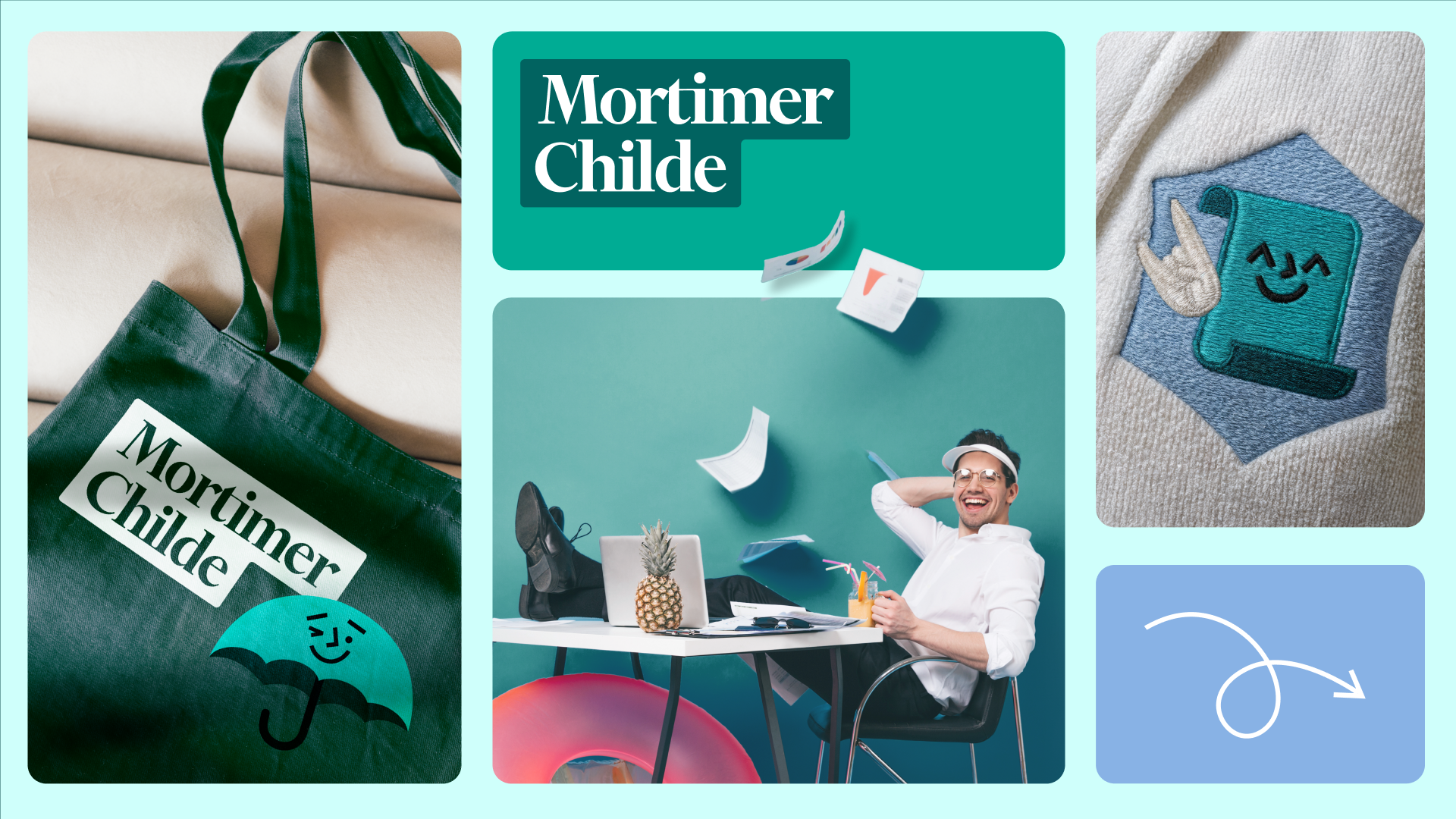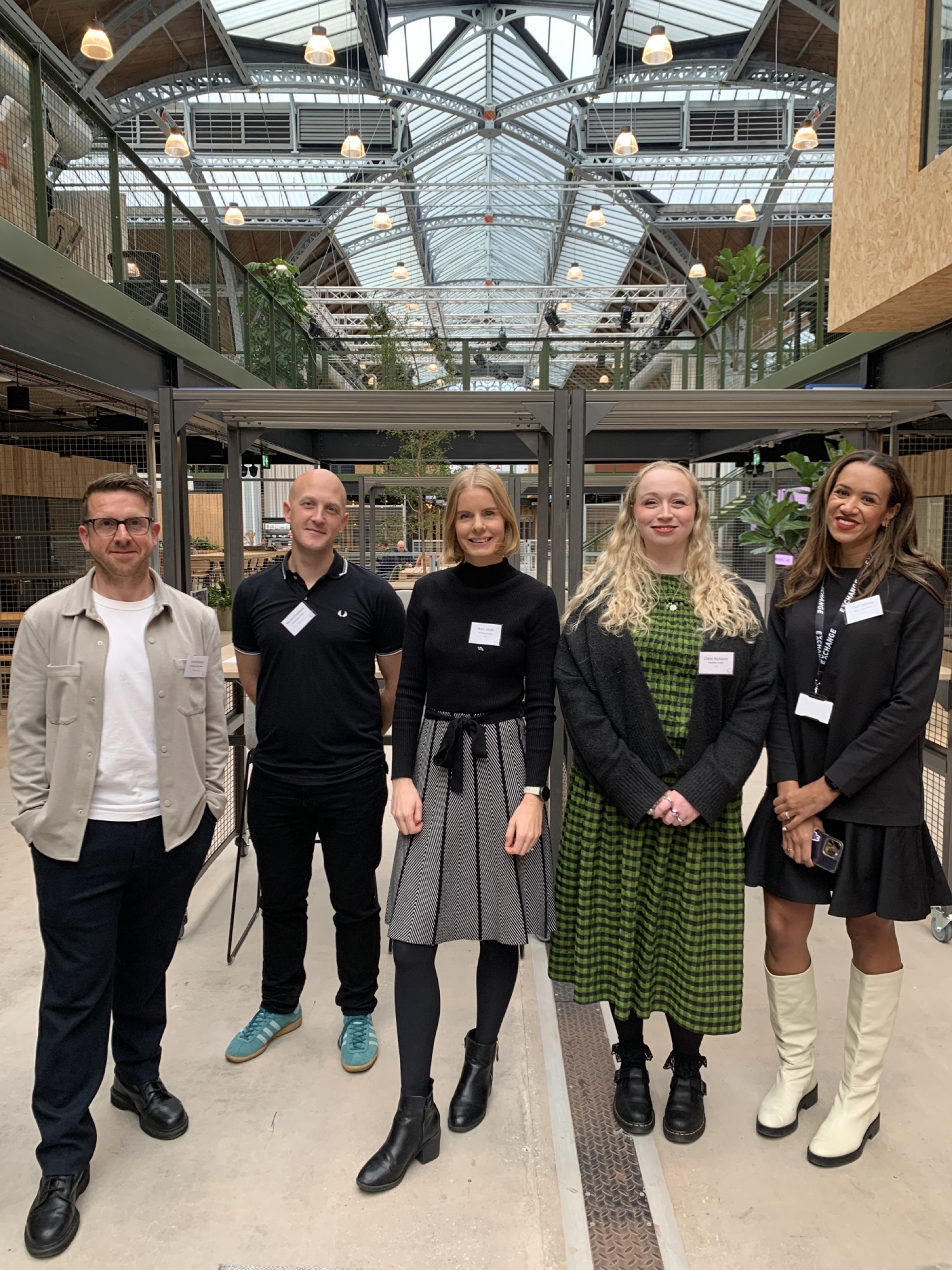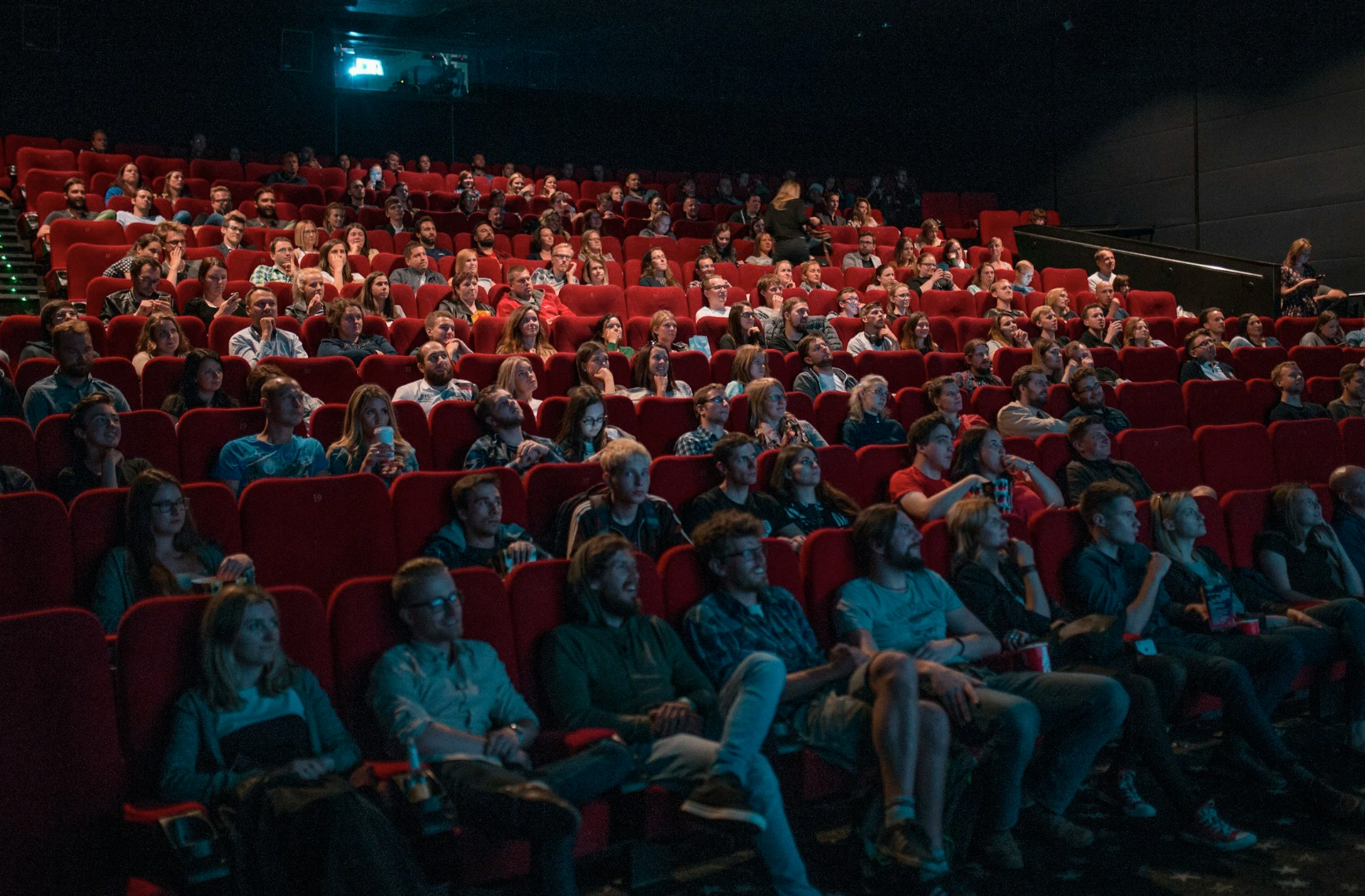Great customer service is one of the key ingredients to sustained business growth, whether on or offline. Companies that approach customer service listen to their customers and determine how to specifically address their needs. Marcus Law of SLI explains how SLI’s Learning Search helped leading UK seed and plant retailer Thompson & Morgan achieve this, helping online shoppers connect to the products they are most likely to buy, directly driving increased sales and higher customer satisfaction.
The Importance of Effective On-Site Search
For retailers like Thompson & Morgan, where 60% of the company’s sales have moved online, on-site search requires highly relevant results, merchandising, faceted navigation, social content, and is one of the most critical components of website performance. Optimising site search enables customers to find the right products they want to buy quickly and efficiently, according to group e-commerce manager, Clare Dixey. SLI Learning Search does this through continually improving search relevancy through intelligence gathered from visitors’ search queries and click-throughs, helping visitors more easily find and purchase what they’re looking for. The solution is dynamic, so results change order as customer buying trends and search terms shift, keeping results highly relevant on the retailer’s website.
Accurate On-Site Search improves Customer Satisfaction
Dixey says, “The unique names of many gardening products can be hard to spell correctly, and our previous search often turned up ‘no results’ or poor results when the exact right term wasn’t used.” One of the most important elements of successful search for Thompson & Morgan is therefore Auto Complete, which helps customers identify many hard-to-spell names. She continues, “Offering visitors search suggestions as they begin typing in a keyword is really important in helping them finding the right product more easily, and improving the overall experience.”
Merchandising Drives Business Growth
Behind the scenes there is a great deal of merchandising capability provided by SLI’s Merchandising Console which, Dixey says, is fantastic for the business. She says, “If users search for a specific term, not only can we send them to a specific landing page, but we have the ability to show specific merchandising banners which can be applied to all users, or only to searches which meet particular criteria. We also have the ability to change the order of results. It may well be that we have a surplus line or have a product that’s been in the news. We can change the order of results in order to make sure that this is the first product that people see.”
Redirects Support Customer Need
Redirects allow the company to put up a specific page in response to a search, something Dixey uses for the “no results” page. She says, “If the user doesn’t find what they want on search, we feel it’s very important that the user doesn’t get a dead end page. SLI enabled us to turn this into a merchandising page, so if this scenario happens our top ten sellers are displayed.”
Intelligent Search with Expert Guidance
One of the challenges facing Thompson & Morgan was that despite having refinement information, the site didn’t offer users the chance to bring all the information together in one single source. For example, a customer might want a perennial plant that is easy to grow, with pink flowers that blossom between July and August. Working closely with the SLI team, they created the Garden Plant Finder, a unique feature in online gardening retail and a valuable tool that helps customers narrow down the types of results they want to see. “For every online retailing challenge we’ve faced, SLI always come up with a solution. The best thing about SLI is that it’s a results engine that we don’t really have to touch – it’s brilliant in terms of resources,” said Dixey.
Optimising Search with Site Champion
Site Champion is SLI’s user-generated SEO solution, driving traffic and revenue to a retailer by using popular customer search terms to create optimised landing pages in the major search engines.
“Site Champion really complements the SEO activities that we do in-house. It drives a lot more referrals for non-brand traffic to our site, which then converts to sales,” said Dixey.
Conclusion
The results speak for themselves: Only 21% of site visitors use the search box, but those visitors are generating 47% of the total site revenue. Additionally, SLI’s site search conversion rate is 74% higher than the site average; the average order value for search users is 30% higher than the site average; and the bounce rate for site search users is 45% lower than the site average. Getting your on-site search right can alleviate customer dissatisfaction and happy customers means a better bottom line.









